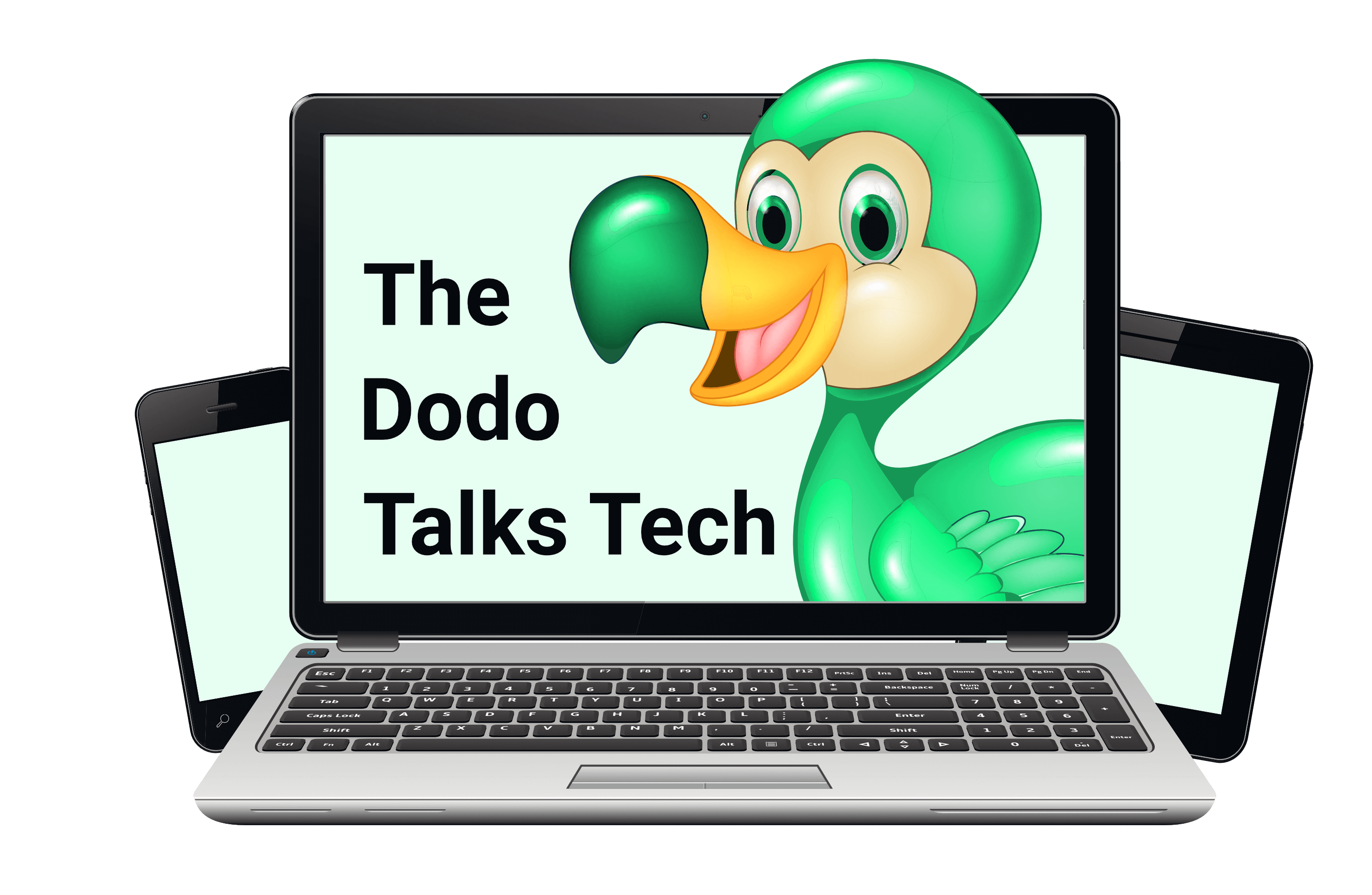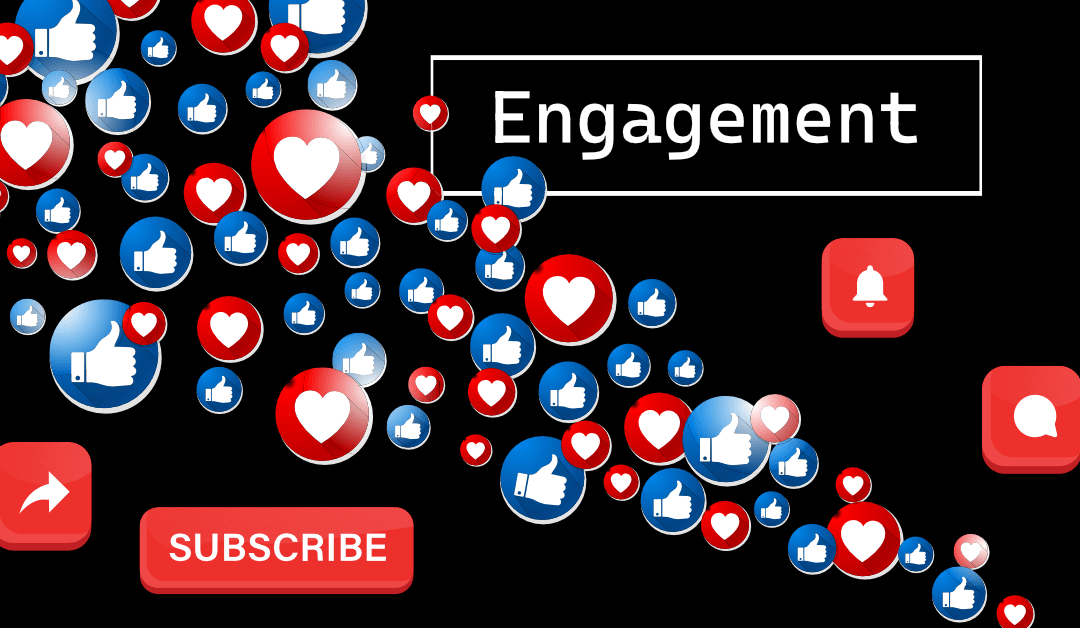Engagement online means how much time you spend looking at a website or a post and how you react to the content. Do you read a post or watch a video? Do you stay until the end or click away sooner? And do you hit the like/thumbs-up or any other button to express approval? Or maybe you leave a comment and subscribe to the creator. All of that is engagement.
The data
Analytics programs, like google analytics, collect data about your engagement. How long do you stay on a website in total and on individual pages? Which links do you click? Where do you shop, what are you searching for and which topics do you comment on? If a website has ads, they measure how fast you click them away or if you let them run.
Engagement is neutral. Whether you watch in outrage and leave angry comments or share because the content made you happy is irrelevant. Analytics programs simply measure the time you spent with and your reactions to a specific piece of content. How you feel while you are online is not measured.
Main criterium
Engagement matters very much because algorithms decide what you will see in your social media feed or in your search results, based on your past online behaviour. When you spend time searching for certain terms or looking at specific content, the algorithms learn to show you more of the same. If many people look for and engage with the same content, algorithms decide it’s more important or more relevant and show it to everyone.
When you search for keywords on YouTube, for example, the results are a combination of data and engagement collected from you and other people. If you have been reading and watching about chocolate cake recipes, more will spontaneously appear in your feed, starting with the most “popular” videos, meaning the ones with the most likes and views.
Frenemy
Whether engagement is a friend or an enemy depends on us. When we do not pay much attention to our behaviour online, we can fall into unhelpful patterns which are picked up and made so much worse by algorithms. For example, if you comment on or share posts that upset you, the algorithms will send you more upsetting content.
The great news is, though, that now that you know how engagement works, you can use it to your advantage. You can actually turn your favourite social media site into a haven of great advice, fun entertainment and relaxation. All you have to do is engage deliberately.
Only interact with the kinds of posts you want to see more of. Finish watching a video/reel/short if you enjoy it. Ignore anything that annoys you and move on as fast as you can to something pleasant. A few minutes every day of conscious engagement is all it takes to re-train your algorithm.
Say thank you
The other great way to consciously use engagement is to help out your favourite content creators. When you like someone’s videos and posts, you give them a boost so that they are shown and can be found by more people. When you share a post, subscribe to a creator or leave a comment, that’s even better.
Many creators offer free content. Using engagement is a simple way to say thank you and help them reach more people. Over time, it also changes the social media landscape in general because the more of us engage with positive content, the more algorithms spread it.
For these bits of code, engagement is the main criteria to decide how relevant content is. For us, it is a tool to shape our online reality. Now that you know how it works, you can use it to create the online world you like engaging with every day.


